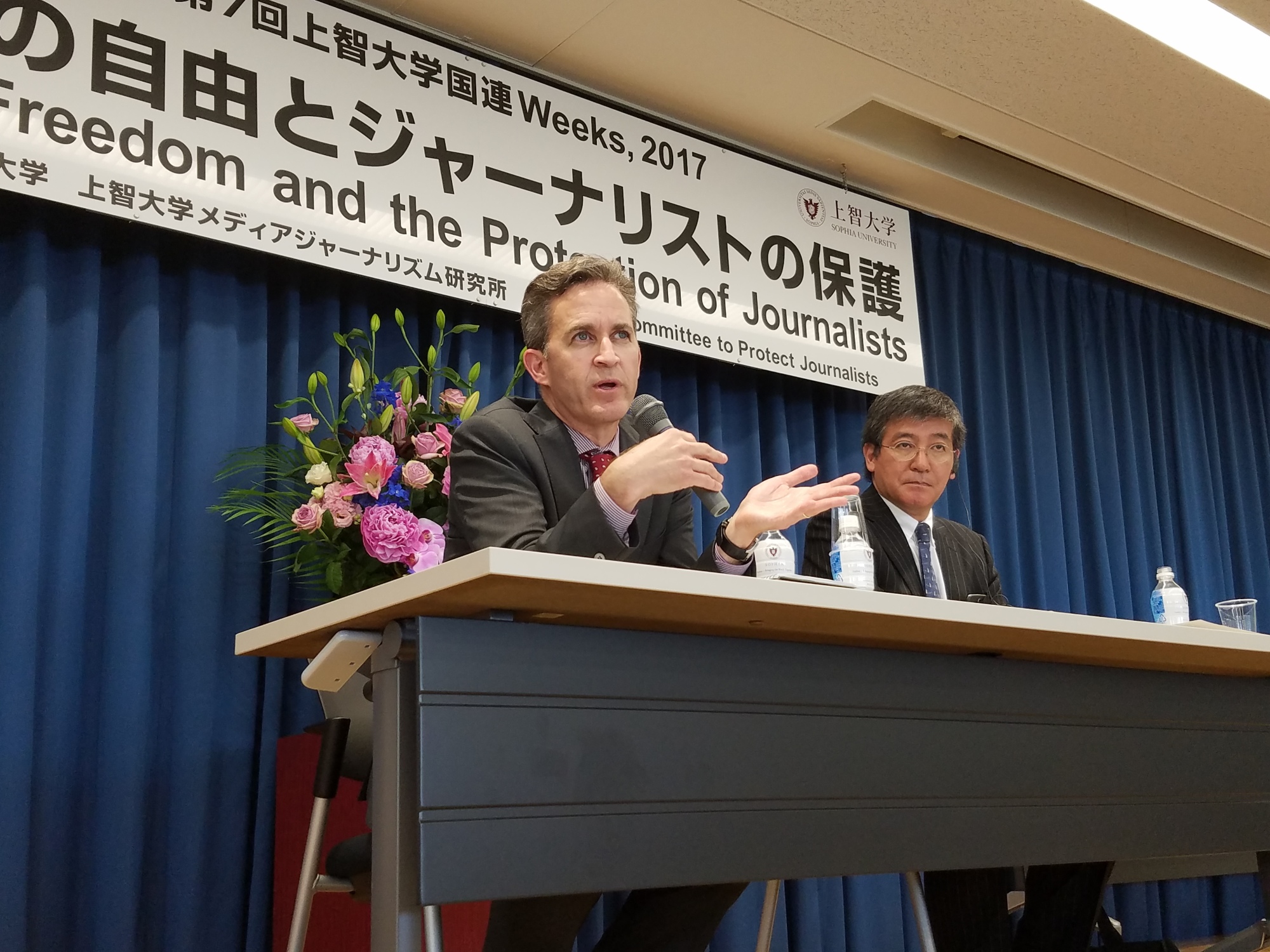A United Nations expert on Friday defended his report on significant threats to freedom of expression in Japan as factually accurate, rebutting the Japanese government's assertions that his views are based on "hearsay information."
"I feel very confident based on the work we've done and the fact-checking we did that the facts in the report are accurate," David Kaye, the U.N.-appointed special rapporteur on freedom of expression, told a news conference in Tokyo.
Kaye's visit to Tokyo coincided with the release of his report, which sheds light on a raft of threats endangering media independence and free speech in Japan. The threats range from the well known kisha (reporter) club system to state influence over history education and the 2014 state secrecy law, which critics warn could be used to intimidate journalists into self-censorship.


















With your current subscription plan you can comment on stories. However, before writing your first comment, please create a display name in the Profile section of your subscriber account page.